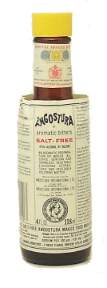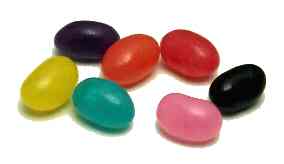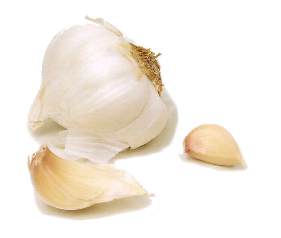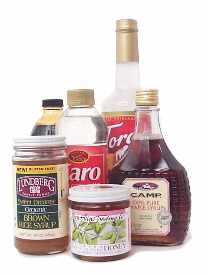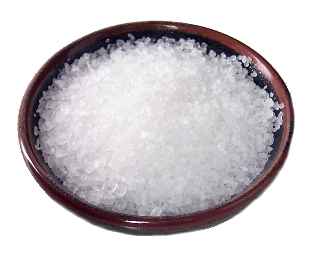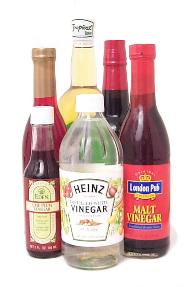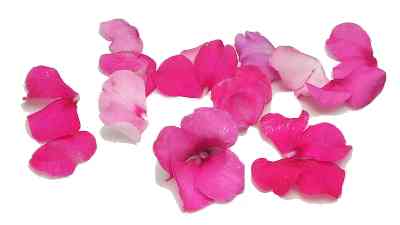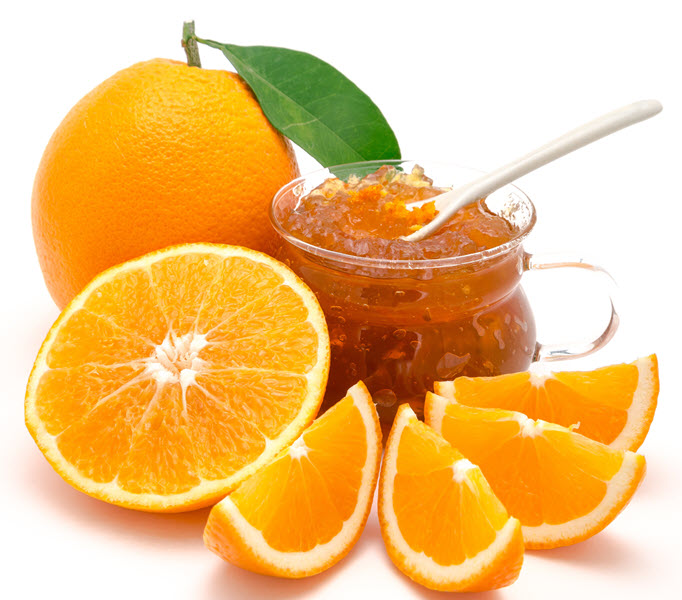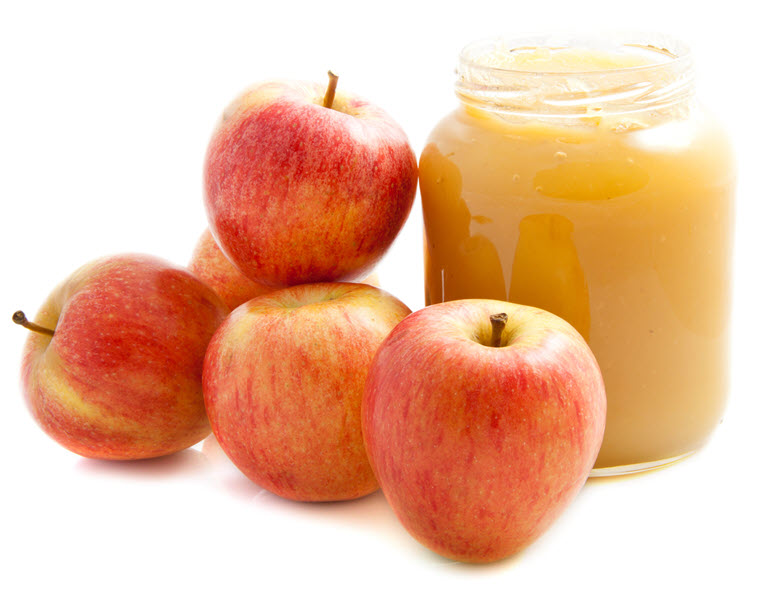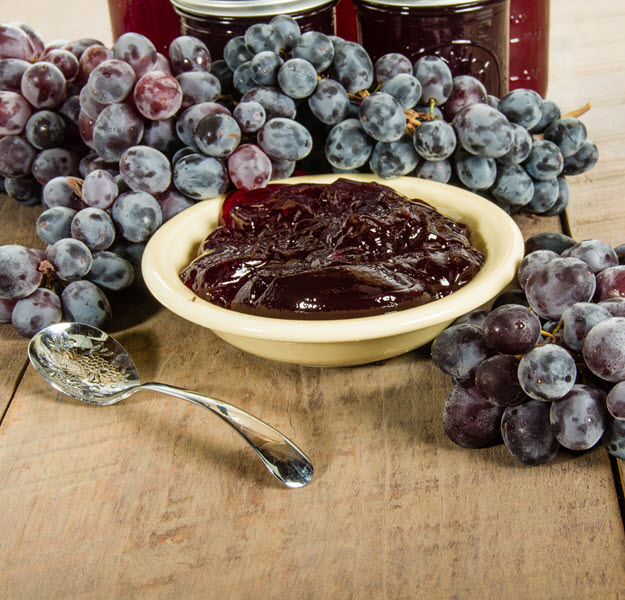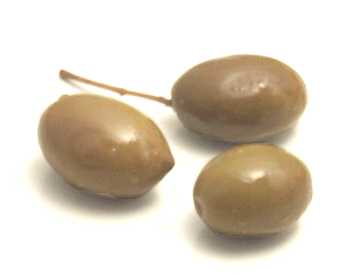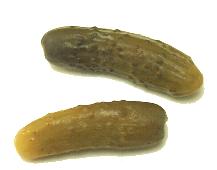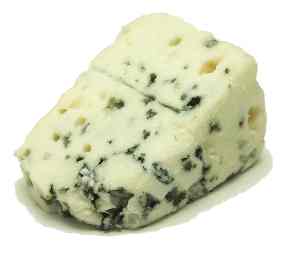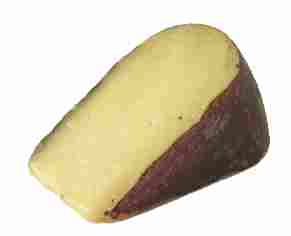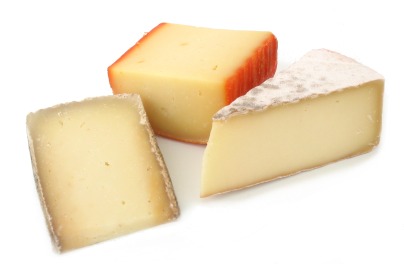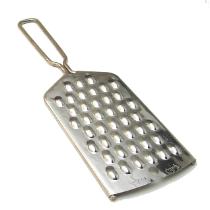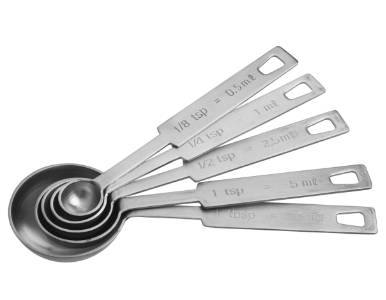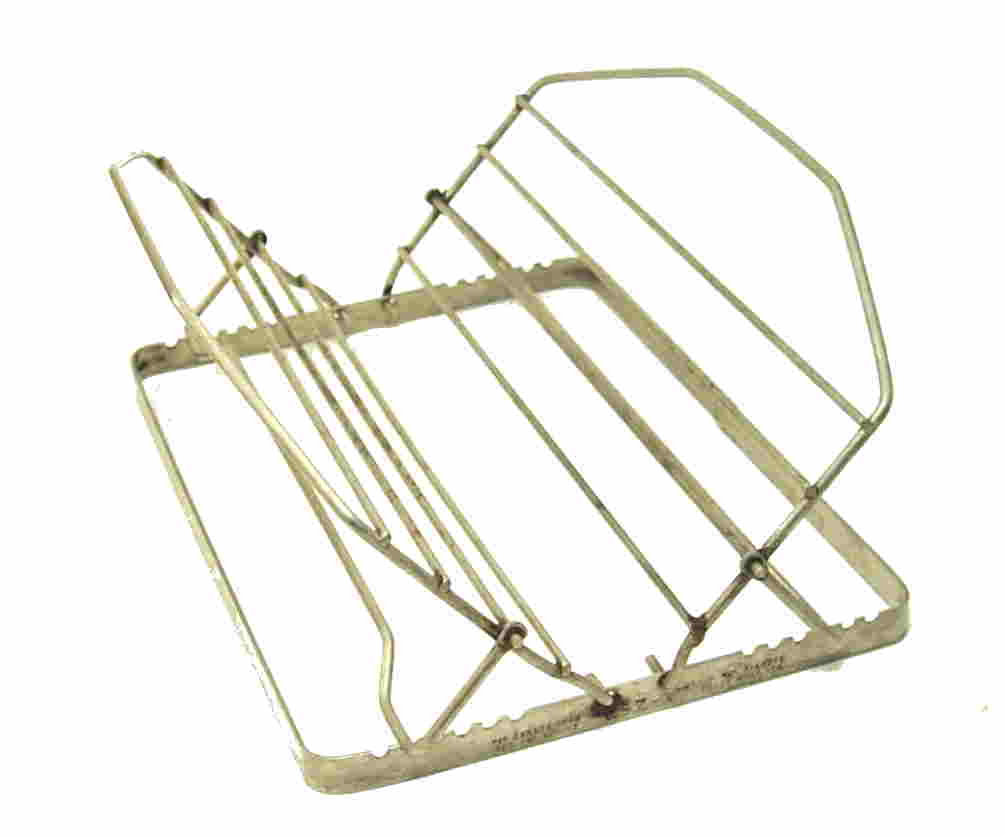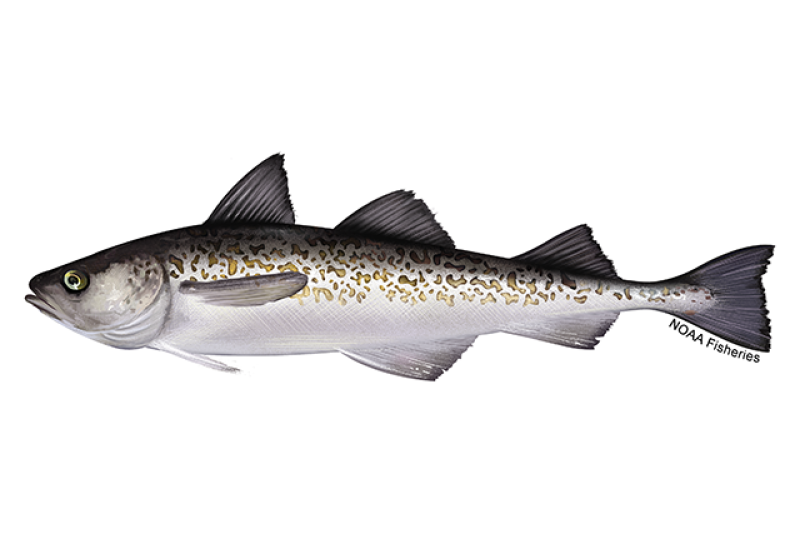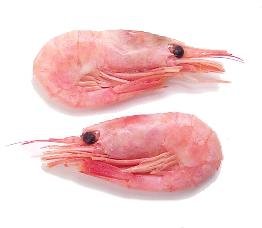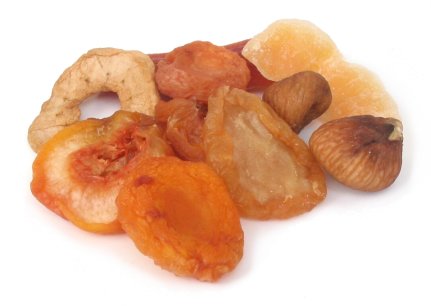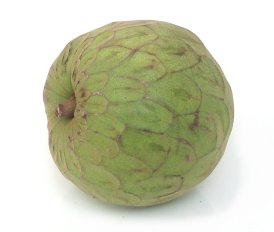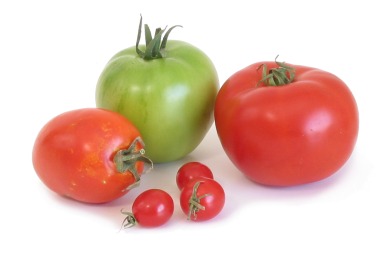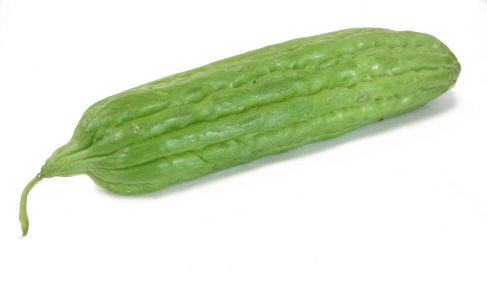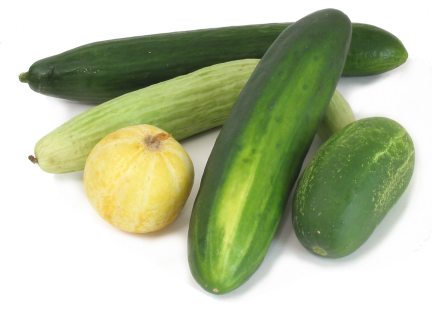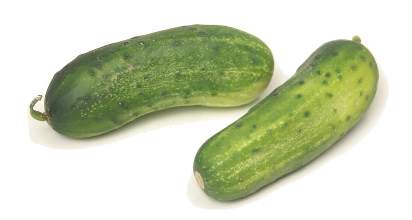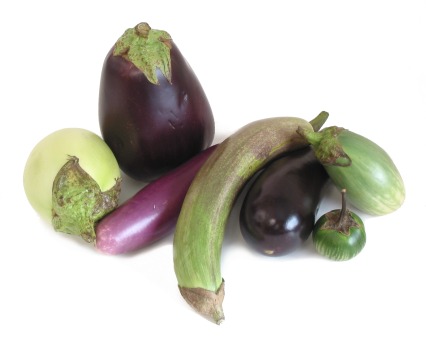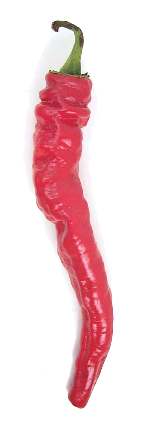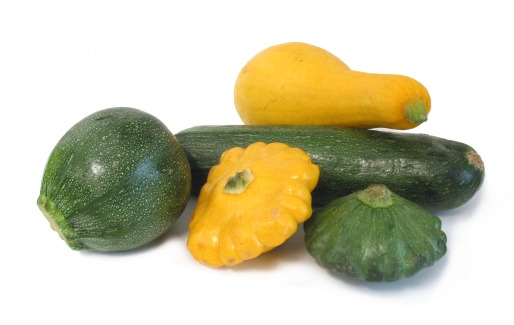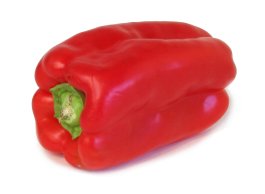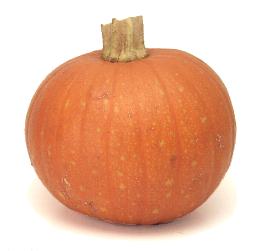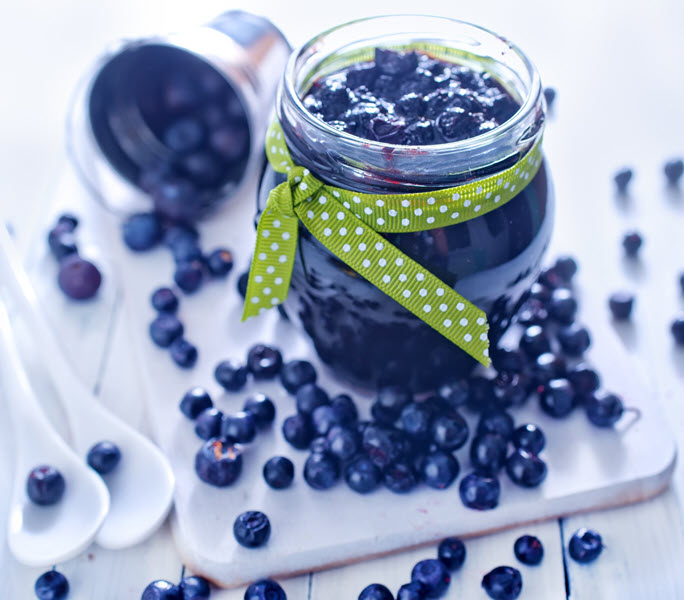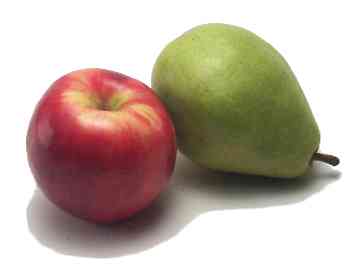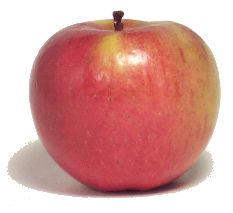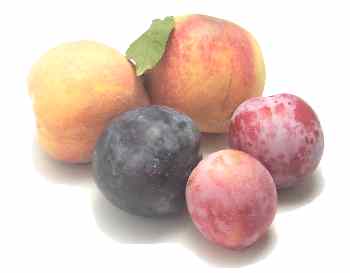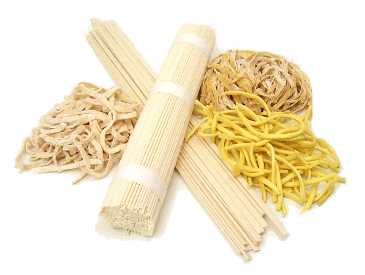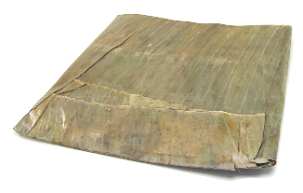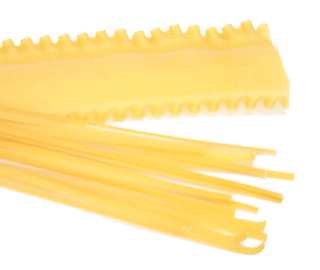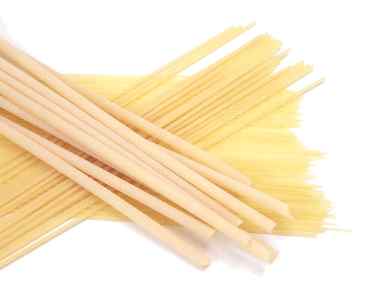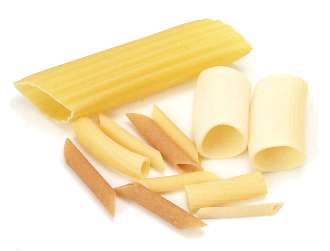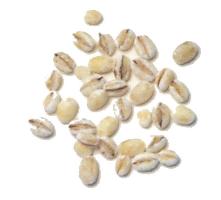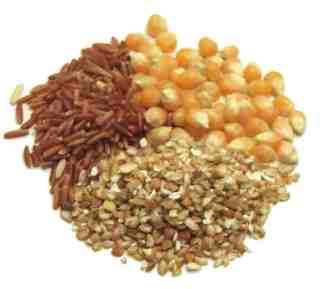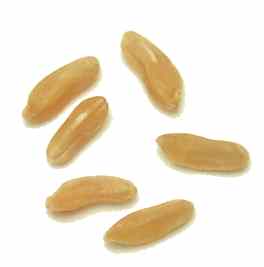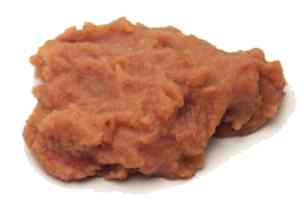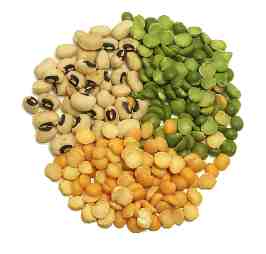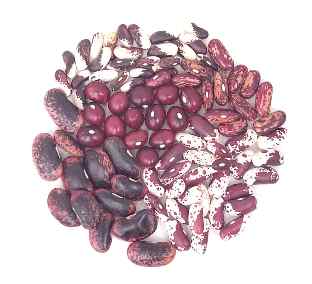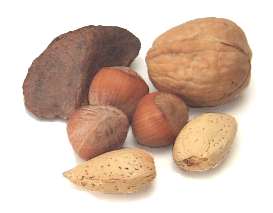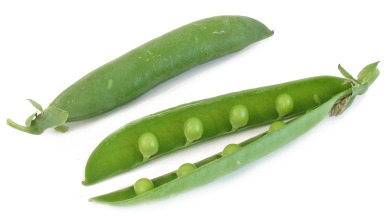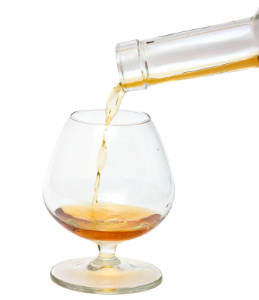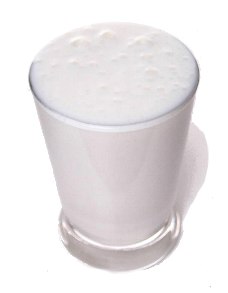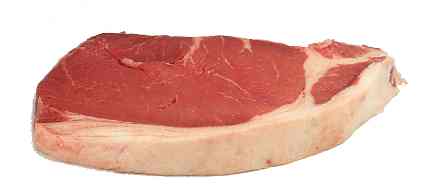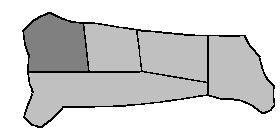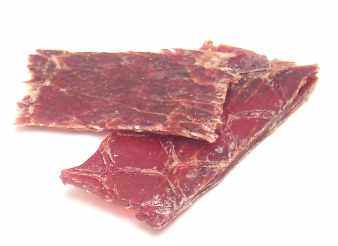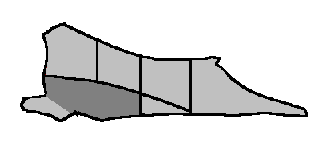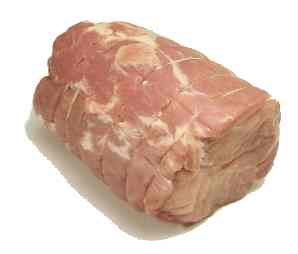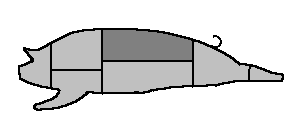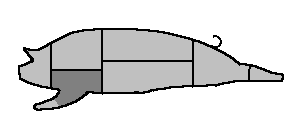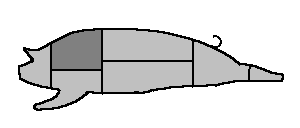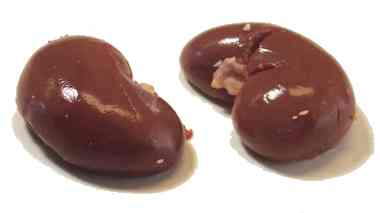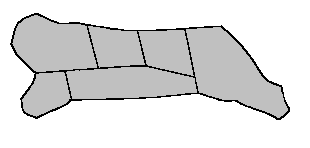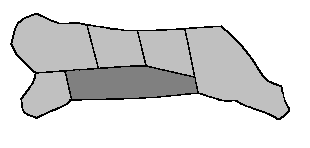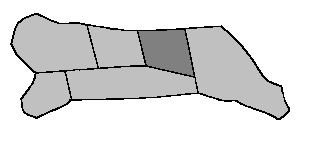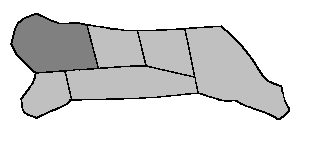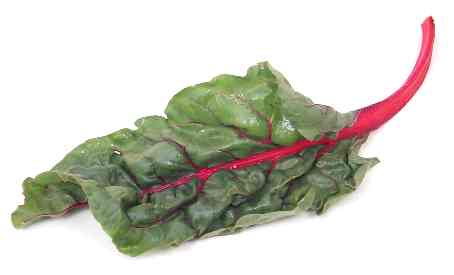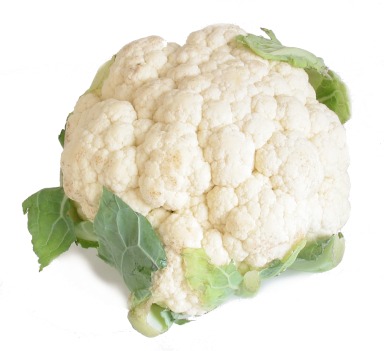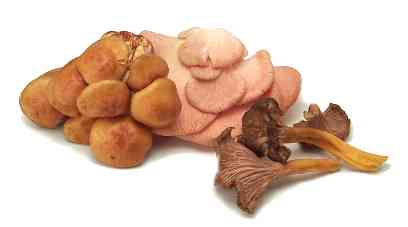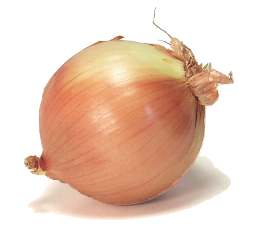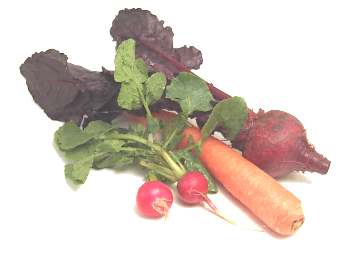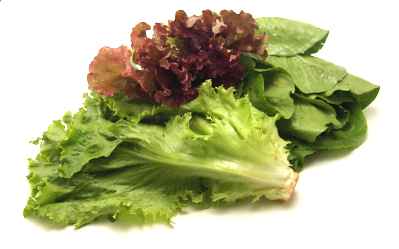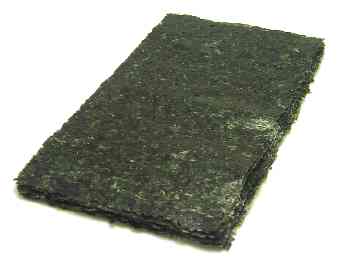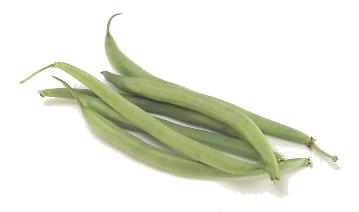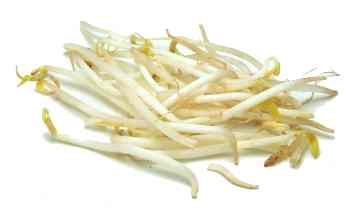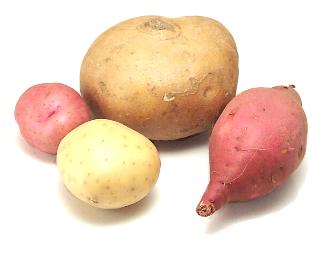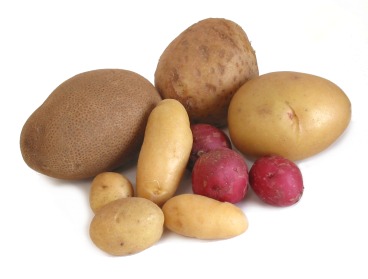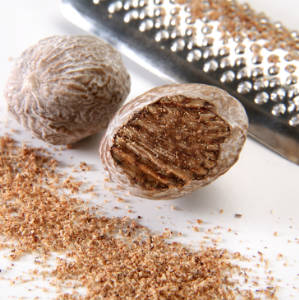Spices Category

Spices will have better flavor and a longer shelf life if you buy them whole--as berries, seeds, or quills--and grind them just before you use them. You can bring out even more flavor by toasting the freshly ground spice in a pan over low heat for a minute or so.
melegueta pepper
This West African spice is very hard to find in the West. It's similar to cardamom.
Learn moremustard seeds
Mustard seeds have a hot, pungent flavor. Yellow mustard seeds are the ones you'll most likely find in American and European kitchens. They're often ground and made into prepared mustard or added to stews and sauces to give them some zip. Indian cooks usually prefer the smaller and more pungent brown mustard seeds or black mustard seeds. When recipes call simply for mustard, they may be referring to prepared mustard, the condiment we like to put on hot dogs. When crushed, mustard seeds are very pungent, but Indian cooks fry them in oil, which makes them sweet and mild.
Learn morenigella
This has a subtle flavor that's often used to enhance vegetable dishes. To bring out the flavor, it helps to toast the seeds briefly before using them.
Learn morenutmeg
Freshly grated whole nutmeg tastes far better than packaged ground nutmeg, and has a much longer shelf life.
Learn morepaprika
Paprika is made from special kinds of sweet red peppers, which are dried and ground. Varieties include the highly regarded and sweet Hungarian paprika = rose paprika = sweet paprika = Hungarian pepper and the cheaper and more pungent Spanish paprika = Spanish pepper = pimentón = pimenton. Cookbooks that call for paprika are usually referring to Hungarian paprika.
Learn morePepper
These come in different colors and potencies. Green peppercorns are packed in brine, vinegar, or salt soon after they're picked. They're mild and soft and can be eaten whole. Black pepper and white pepper are both dried, and sold either ground or as whole peppercorns. Black pepper has a stronger flavor and is far more popular than white; many cooks just use white pepper when they want to avoid having black specks in a light-colored sauce. It's best to buy whole peppercorns and grind them yourself, since ground pepper loses its potency quickly. Pink peppercorns aren't true peppercorns, but they have a very mild, peppery flavor.
Learn morepink peppercorns
Pink peppercorns aren't true peppercorns, but they have a very mild, peppery flavor.
Learn morepomegranate seeds
Bits of pomegranate pulp remain on the seeds as they dry, so they're a bit sticky and serve as a souring agent in Indian cuisine. The seeds also come ground.
Learn morepoppy seeds
These tiny, nutty seeds are typically used in baked goods, but some cuisines also use them in savory dishes. Europeans prefer black poppy seeds, while Indians prefer white, but the two kinds can be substituted for one another. Since poppy seeds are high in fat, they tend to go rancid quickly, so buy small amounts and store them in the refrigerator. Consuming poppy seeds can result in a false positive on a drug test.
Learn morered chile powder
Red chile powder is made from hot red chiles that have been dried and ground. Don't confuse chile powder with chili powder, a mixed spice for making chili.
Learn morered pepper flakes
These are dried cayenne peppers that have been crushed. They're often sprinkled on pizza to add heat.
Learn moresaffron
To make a pound of saffron, over two hundred thousand stigmas from crocus sativus flowers must be harvested by hand. That's why saffron is the world's most expensive spice, and also why so there are so many fakes on the market. Fortunately, a little of the good stuff goes a long way--it only takes a few threads to add saffron's distinct yellow color and earthy aroma to a family meal of paella or bouillabaisse. You can buy saffron either as as unprocessed stigmas (called saffron threads) or powdered. The threads should be red with orange tips. Threads lacking orange tips may be dyed, so avoid them. The quality of powdered saffron is measured by its Minimum Coloring Strength. The higher the Minimum Coloring Strength, the less saffron you need to use. A typical level is 180, and a level of 220 or higher is quite good. Some cooks prefer the threads to the powder, since it's hard to detect if the powder has been adulterated. Powdered saffron, though, is easier to use, since it can be added directly to a dish, while the threads need to be steeped in hot water first.
Learn moresesame seed
These nutritious seeds have a mild, nutty flavor. They're commonly used in baked goods, Asian stir-fries, and Middle-Eastern candies. European recipes for sesame seeds are usually referring to white sesame seeds, but Indian and Asian recipes sometimes intend for you to use the more pungent black sesame seeds. Substitutes: pumpkin seeds
Learn morestar anise
Asian cooks use star anise to give a licorice flavor to savory dishes, particularly those with pork and poultry. It's available whole or ground. Use it sparingly--a little goes a long way.
Learn moresumac berries
Look for this in Middle Eastern markets. Crushed dried sumac is called somagh.
Learn moreSzechwan peppercorn
These aren't true peppercorns, but rather dried flower buds. You're most likely to encounter them as part of a mixture, like the Chinese five-spice powder or the Japanese shichimi togarashi. Toast Szechwan peppercorns briefly in a hot pan before using.
Learn moretonka beans
Tonka beans are the seeds of the Brazilian teak tree. They are black with a brown interior. Grated into desserts and stews in small amounts, they impart a complicated flavor mix of vanilla and almond. Tonka beans contain small amounts of coumarin, a chemical that can cause liver damage. It is now believed that in small amounts, it is not dangerous.
Learn moreturmeric, ground
Turmeric has a pleasant enough flavor, but it's prized more for the brilliant yellow color it imparts to whatever it's cooked with. It's a standard ingredient in curry powders, pickles, and prepared mustards. Be careful--turmeric can stain your clothes.
Learn moreurfa biber
This is a dried ground chili pepper used in Turkey on meat dishes. It is medium spicy and has a smoky flavor.
Learn morevanilla bean
Vanilla is used to flavor everything from baked goods to ice cream. Most recipes call for vanilla extract, but some argue that vanilla beans lend a more potent flavor. Select beans that are shiny, moist, and pliable--dried out beans aren't nearly as potent. If a recipe calls for just for the seeds, split the bean open and scrape the seeds out, and save the outer pod to flavor sugar or hot drinks.
Learn morewhite poppy seeds
Indian cooks use these as a thickener in their curries and as a filling in baked goods.
Learn moreyellow mustard seeds
Whole mustard seeds are most commonly used to make pickles or relish. Most cooks prefer their mustard either ground, called ground mustard = dry mustard = mustard powder, or ready-made as a condiment, called prepared mustard.
Learn more









